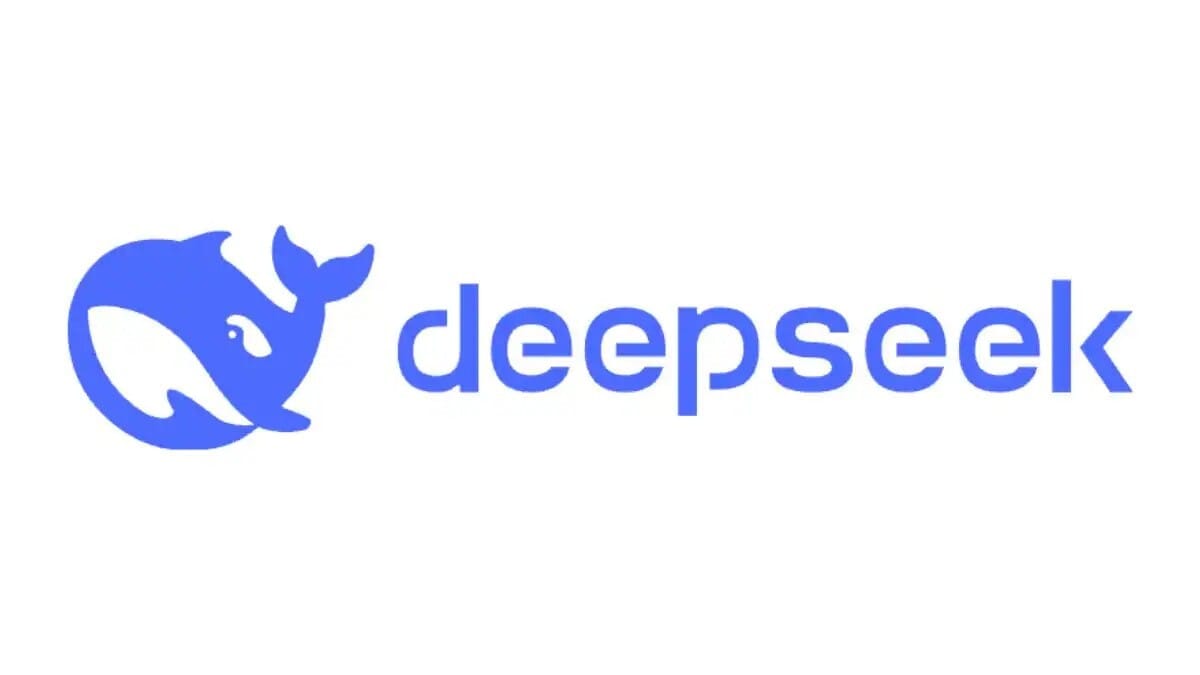- AI Weekly Insights
- Posts
- AI Weekly Insights #56
AI Weekly Insights #56
AI Siri, Suno’s Evolution, Reasoning Rivals, and Amazon’s Anthropic Alliance
Happy Sunday,
‘AI Weekly Insights’ #56 has arrived! This week, we’re looking at Apple’s ambitious plans to reimagine Siri, Suno’s creative leap in music generation, a bold challenge to OpenAI’s reasoning dominance from China, and Amazon’s growing alliance with Anthropic. Let’s unravel the stories shaping the future of AI.
Ready? Let’s dive in!
The Insights
For the Week of 11/17/24 - 11/23/24 (P.S. Click the story’s title for more information 😊):
What’s New: Apple is planning a big upgrade to Siri, aiming to compete with other advanced AI models like ChatGPT and Google’s Gemini Live.
Gen AI-Powered Siri: This new version of Siri, dubbed "LLM Siri," will use advanced AI to make conversations more natural and realistic by spring 2026. Siri will also work better with third-party apps through App Intents, which means it can take more actions with apps. It will also use Apple Intelligence to help with tasks like summarizing text and writing. Apple has been careful but strategic about adding AI, like the ChatGPT integration in the new iOS 18.2 beta, and plans to fully upgrade Siri by 2026. The goal is to make Siri stand out from competitors like ChatGPT by keeping many of its features running directly on the device, along with adding new AI capabilities.
Why It Matters: Apple's careful approach to using AI shows a strategy to catch up with the recent boom in generative AI. By adding a large language model to Siri, Apple is positioning itself to compete with technologies like ChatGPT's Advanced Voice Mode while also opening up new possibilities for interacting with apps. This change marks Apple's move into the world of "AI agents," where Siri could handle more complex tasks within apps. Though the full impact is still uncertain, this upgrade points to a future where personal assistants become a bigger part of our daily technology, like managing schedules, giving proactive reminders, and easily connecting with smart home devices. The tech world will be paying close attention to see how these new developments shape how we interact with technology.

What's New: Suno has launched v4, a significant update that introduces innovative features and enhancements to its music platform, including upgraded audio quality and new tools for creative songwriting.
AI Music Creation: The v4 update introduces several exciting features. Users can now upgrade tracks made with older versions to v4 quality, which makes them sound clearer and richer. There is also a new lyrics tool called ReMi that helps users write songs by describing the type of lyrics they want. Plus, v4 has updated features like Covers, which lets users upload a song and get a new version based on their prompts, and Personas, which helps musicians keep a consistent style by capturing the essence of their tracks. The update is available in beta for Pro and Premier users on the web and iOS.
Why it Matters: We have covered Suno previously with the RIAA's lawsuit against them. The release of v4 is an important step in AI-driven music creation and could change the music industry. As AI-generated music gets better, it might be hard to tell the difference between music made by humans and music made by machines. This could lead to a future where AI "artists" become a big part of the music charts. This technology challenges traditional ideas of creativity by offering personalized music experiences, like creating playlists that fit someone's mood or making music in a specific style. But it also raises questions about the future of creativity as AI moves into areas that used to be for humans only. Suno's v4 update shows the exciting possibilities of AI in creative fields. Check out one of my generated tracks below; can you tell it’s AI?

Image Credits: Suno
What's New: DeepSeek, a Chinese AI research company, has unveiled DeepSeek-R1, a reasoning AI model designed to rival OpenAI's o1. This model promises performance on par with o1 in various benchmarks.
Reasoning AI Model: DeepSeek-R1 is positioned as a pioneering reasoning AI model. It stands out by its ability to autonomously verify facts, potentially reducing common AI errors. Like OpenAI's o1, DeepSeek-R1 processes tasks through a multi-step “thinking” process, which can extend response times. Despite its prowess, the model faces challenges, including susceptibility to jailbreaks and limitations imposed by Chinese regulatory restrictions on politically sensitive content. DeepSeek plans to open source the model and provide an API, indicating a strategy focused on accessibility and broader adoption.
Why it Matters: The launch of DeepSeek-R1 is important for the global AI community, showing innovation outside of the typical US-based companies like OpenAI, Microsoft, and Google. While DeepSeek-R1 matches the abilities of OpenAI's o1-preview, its restrictions on sensitive topics highlight the challenges of managing bias and dealing with government regulations. The development of reasoning models like DeepSeek-R1 also shows a move away from traditional scaling to new techniques, such as test-time compute, which means using extra computing power while generating a response. As AI models from around the world improve, they could change the global tech scene and lead to more diverse and creative solutions. However, issues like censorship and bias in training AI models are still major concerns that need careful consideration and ongoing discussion.

Image Credits: Deepseek
What's New: Amazon is investing an additional $4 billion in Anthropic, the AI company behind Claude, deepening its strategic partnership with the OpenAI rival.
Strengthening Ties: Amazon's new investment in Anthropic marks a significant step in bolstering its AI capabilities. The funds will support Anthropic's use of Amazon Web Services (AWS) as its primary training partner, utilizing Trainium chips for future AI models. This collaboration is expected to enhance the capabilities of Amazon's Alexa, which will reportedly be powered by Anthropic's Claude AI. The integration aims to address previous criticisms of Alexa, such as slow and unhelpful responses, and improve its conversational abilities. The updated Alexa, now slated for a 2025 release, is anticipated to offer a more fluid user experience akin to OpenAI's ChatGPT.
Why it Matters: Amazon's decision to pour additional resources into Anthropic highlights the growing competition in the AI landscape, particularly against giants like Microsoft and OpenAI. This partnership not only aims to elevate Alexa's performance but also positions Amazon to better compete in the expanding AI-driven market. The move underscores the importance of strategic alliances in enhancing technological offerings and staying relevant. While this investment could lead to innovative advancements and improved user experiences, it also raises questions about dependency on external AI expertise. As Amazon ventures further into AI, it may set the stage for future collaborations and developments in voice-activated technology.

Image Credits: Anthropic
Thank you for being an essential part of this journey through AI’s ever-evolving landscape. I’m always eager to hear your thoughts, questions, or ideas. Together, we can keep pushing the boundaries of what’s possible and inspire each other along the way.
Until next Sunday, keep exploring and stay engaged!
Warm regards,
Kharee